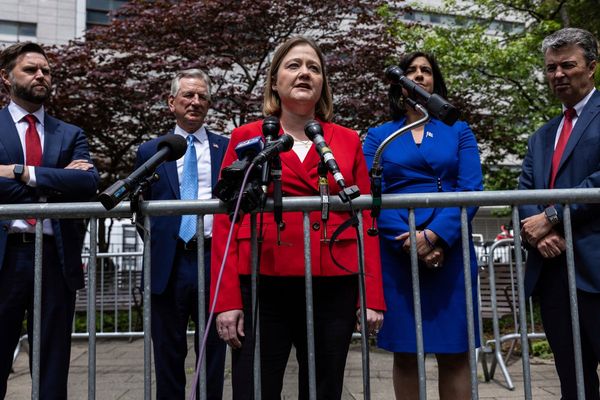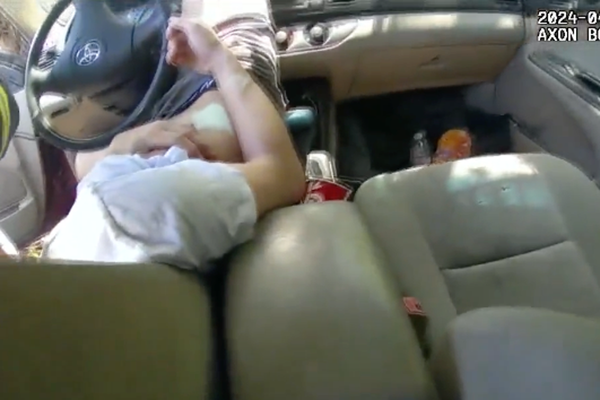
Republican Tim Sheehy won the Senate race in Montana on Wednesday, denying the Democratic incumbent, Jon Tester, a fourth term and boosting the Republicans in an upper chamber they will control with Donald Trump in the White House.
This closely watched race was also considered a referendum on whether Democrats can win in largely rural states, which have moved to Donald Trump’s far-right brand of Republicanism.
The race prompted questions about whether grassroots campaigning – which historically has proved successful in Montana – is at all effective when news coverage and campaign spending have made local politics national.
Montana, which has a population of 1.1 million, saw $280m in campaign ad spending, according to the Associated Press. Pennsylvania and Ohio, which saw $340m and about $500m in respective spending, have about 10 times the population of the western state, further underscoring its perceived importance to both political parties.
Tester, 68, doubled down on his Montana roots and rural upbringing in his campaign, often discussing the three fingers missing on his left hand that were lost in a meat grinder accident; Tester still owns the appliance.
Tester has been a Montana senator for 18 years. Constituents have praised his advocacy for farmers, military veterans and Native Americans. Before the election, however, Tester was lagging behind Sheehy in opinion polls.
Sheehy, 37, is a former Navy Seal who relocated to Montana in 2014 to launch an aerial firefighting business and bring up a family. Like Trump, he did not have any political experience before this campaign and is hostile towards the press. Sheehy has also faced controversies related to misleading statements about his previous financial struggles.
Sheehy said in a statement that he had been serving the country since he was 18 and was honored to be elected to serve in the Senate.
“Since day one, we’ve been running a grassroots campaign, talking directly with Montanans about how we make Montana affordable again, make America strong again, and bring back Montana common sense, which means a secure border, safe streets, cheap gas, cops are good, criminals are bad, boys are boys, and girls are girls,” he said.
While Tester narrowly won his previous three Senate bids, Trump’s candidacy presented a risk he previously had not seen. Montana’s politics have become more conservative and he faced an uphill battle with Trump on the top of the ticket.
In 2007, when Tester became a senator, nearly every statewide elected office was held by a Democrat. As Republicans have gained ground – Tester is the only remaining Democrat in statewide elected office – he has distanced himself from Harris.
Tester has not endorsed Kamala Harris. Sheehy, however, enjoys Trump’s popularity with Montana residents; at an August rally in Bozeman, he stood alongside him.
“Republicans have totally tried to nationalise this race. Every chance they get, whenever they say Tester they say Biden or Harris. They want to tie him to the national Democrats and that’s absolutely what Tester does not want to do,” said Mike Dennison, a longtime political analyst and journalist.
“The Republicans want to say this race is for control of the Senate. Tester doesn’t want to talk about that at all. He wants to talk about himself and his issues. That is what’s going on here: Democrats have had a tough time in rural America and Montana is certainly rural America.”
Read more of the Guardian’s 2024 US election coverage







